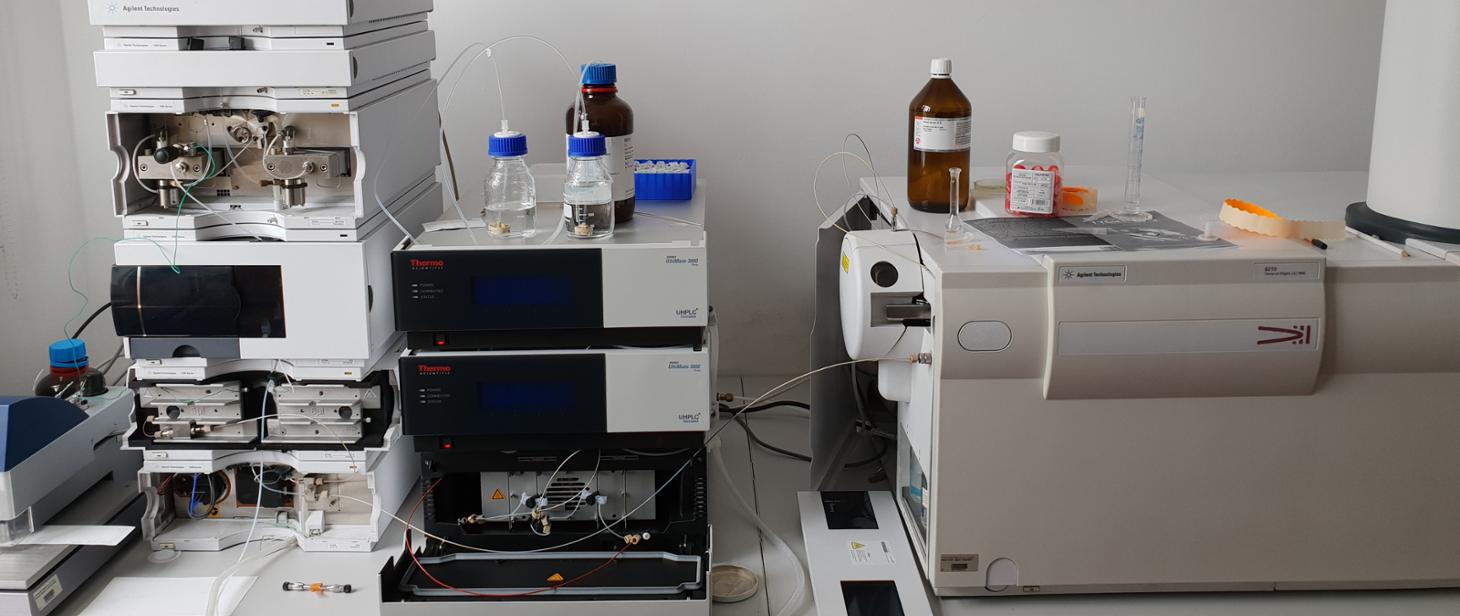Obtaining new natural compounds for the therapy of Alzheimer's disease – PLANT – ALZH
The results of our studies with the Turkish partners, involving animal subjects, were so spectacular that we deeply believe we will succeed in bringing the new Alzheimer's drug to market.

 Project title
Project title
Obtaining new natural compounds for the therapy of Alzheimer's disease – PLANT – ALZH
 Name of Beneficiary/Beneficiaries
Name of Beneficiary/Beneficiaries
Medical University of Lublin
 Name of programme
Name of programme
International programmes
 Competition
Competition
Bilateral international cooperation between Poland and Turkey (NCBR – TUBITAK) (1 competition)
 Project value
Project value
PLN 813,413.00
 Project partners
Project partners
Acibadem University, Istanbul, Turkey; Assoc. Prof. Dr. Ahmet Tarik Baykal and associates
 Project delivery period
Project delivery period
01 April 2016 – 30 September 2018
View the results of our work
A kit for testing the bioactivity of natural compounds for their ability to inhibit cholinesterase enzymes (TLC/HPLC/MS with a biochemical bioreactor), held by the Independent Laboratory of Natural Product Chemistry at the Medical University of Lublin.
I think that for such a short project implementation period, we have made some impressive achievements: eight publications have already been published in JCR-indexed journals, and a couple more are being published due to extended biological research. We have also secured patents and delivered numerous lectures and poster sessions at international scientific conferences. Also, notably, we have identified compounds which hold promise in terms of their application in the therapy of Alzheimer's disease. Of course, further extensive research is needed to achieve this.
Have you managed to develop a market-ready product or technology?
It is still too early to talk about a cure for Alzheimer’s, as we still need to carry out toxicologial and clinical studies of a single leading natural substance we identified. However, the results of our studies with the Turkish partners, involving animal subjects, were so spectacular that we deeply believe we will succeed in bringing the new Alzheimer's drug to market.
What was the pathway to the commercialisation of results?
At this stage we have secured one patent and have a couple more patent applications pending. Should clinical studies confirm the activity, we do not rule out establishing a spin-off with the parent research establishment. In the future, we are planning to continue research with our Turkish partners, and to launch a bilateral project to make a step forward in clinical studies involving the selected compounds with the potential to be applied in the therapy of Alzheimer’s disease. We are also thinking about a major EU-funded project and the next stages of this new drug's commercialisation.
Have you encountered difficulties with the commercialisation, and if so, how did you manage to overcome them?
So far, everything has been proceeding as planned. We hope the following stages will be as fruitful.
How were intellectual property issues resolved in the project.
We have made a fair allocation of shares in intellectual property depending on the nature of research. Some of the publications and patents were published and secured by one partner, as they involved scientists from either only the Polish or the Turkish institution. Nevertheless, credit for the key scientific achievements is due to both the Polish and Turkish scientists involved in the project.
